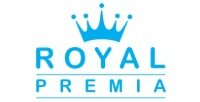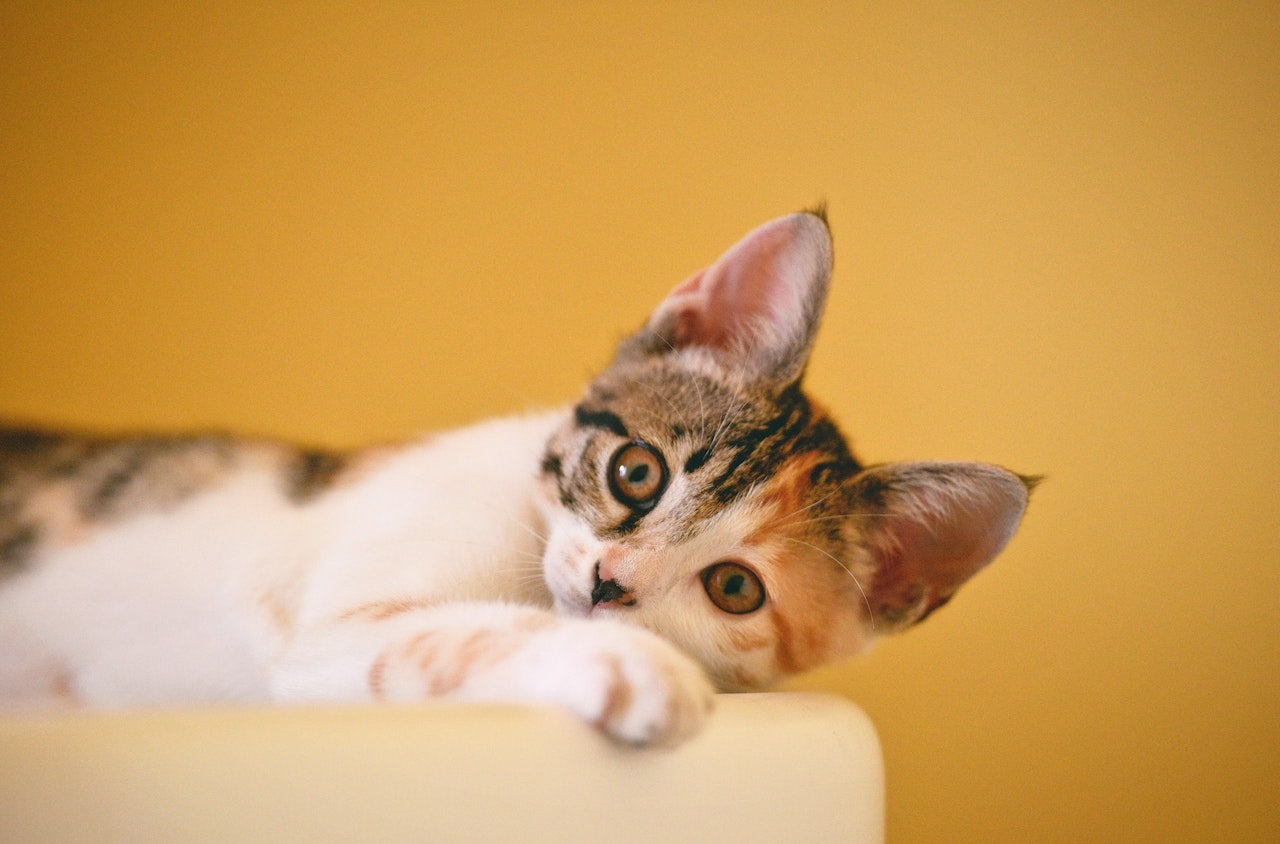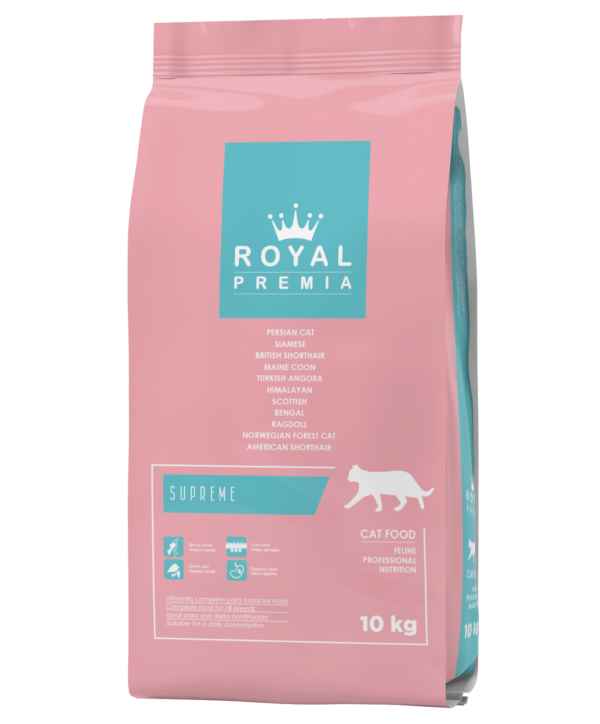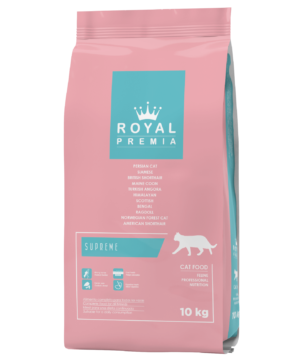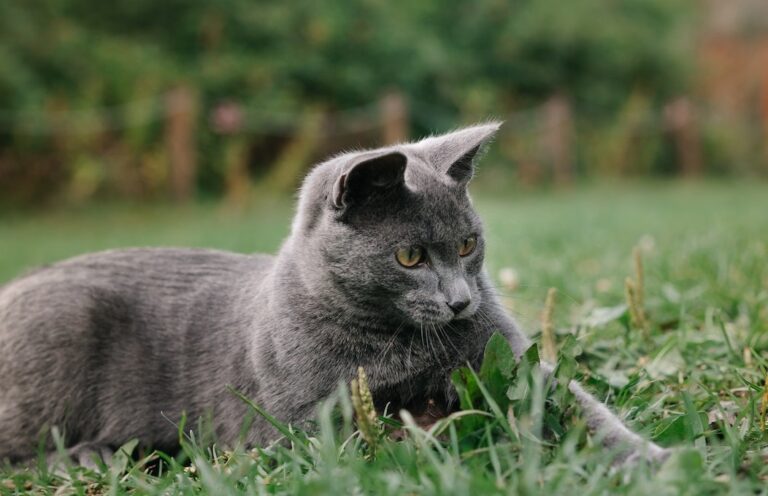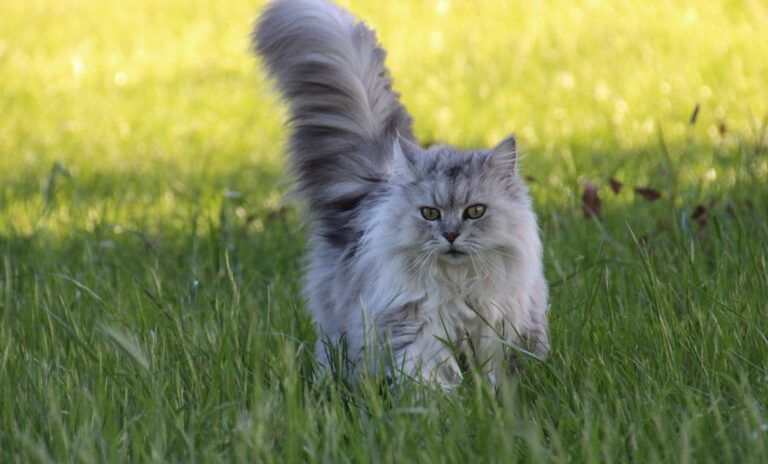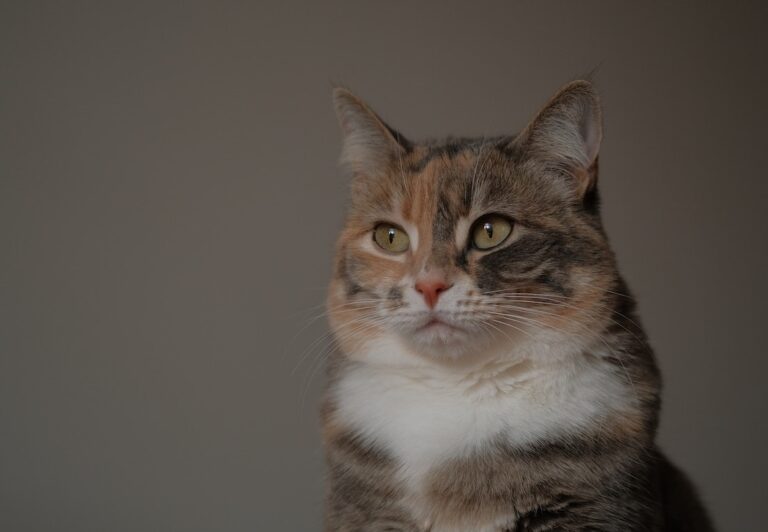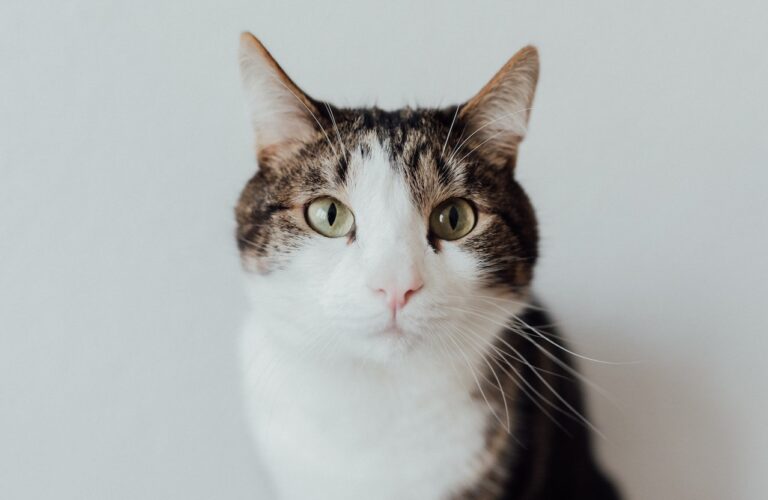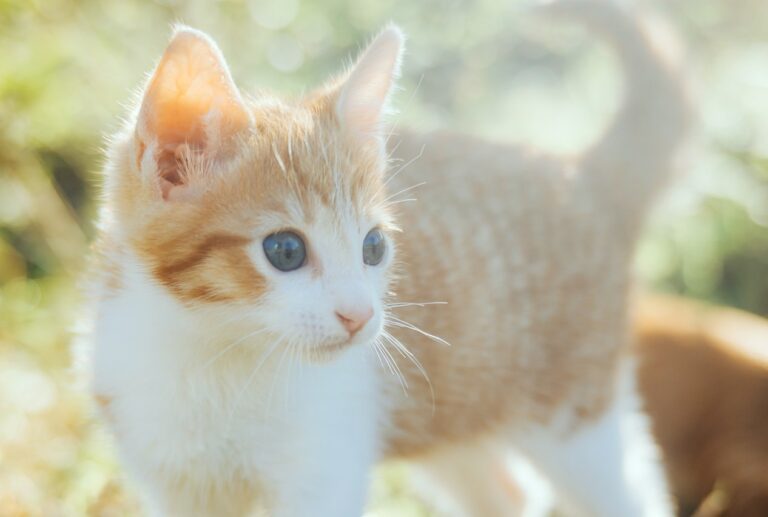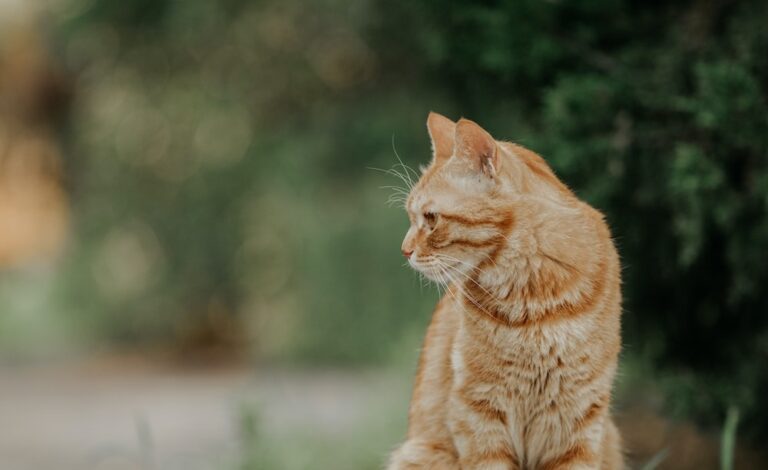Essential Nutrients for The Cats
Just like humans, cats have unique nutritional requirements that must be met to ensure their overall health and well-being. While cats are carnivorous animals, their dietary needs extend beyond simply consuming meat.
This will compose a melodious tune that harmonizes with the nutritional needs of your feline friend, providing a comprehensive guide to cat nutrition.
Purrfect Protein
The first note in our composition is high-quality protein. Cats are obligate carnivores, meaning they require animal-based protein sources to meet their dietary needs. Include lean meats like chicken, turkey, and fish in their diet to provide essential amino acids that support muscle development, tissue repair and overall growth.
The Melody of Hydration
Water plays a vital role in maintaining a cat’s health. Cats have a low thirst drive and may not drink enough water on their own, so it’s crucial to ensure they stay adequately hydrated. Incorporate wet cat food or moisten dry food with water to increase their daily fluid intake. Additionally, provide fresh water in clean bowls throughout the day to keep them hydrated and prevent urinary tract issues.
Fat and Fatty Acids
The next note in our composition is dietary fat. Cats need a moderate amount of healthy fats in their diet to support energy production, vitamin absorption, and healthy skin and coat. Choose cat foods that contain animal-based fats like chicken fat or fish oil, which provide essential omega-3 and omega-6 fatty acids. These fatty acids promote a healthy immune system, reduce inflammation, and maintain a glossy coat.
The Rhythm of Carbohydrates
Although cats have a limited ability to digest carbohydrates, including a small amount in their diet can be beneficial. Carbohydrates serve as a source of energy and provide necessary dietary fiber for healthy digestion. Opt for high-quality, easily digestible carbohydrates like sweet potatoes or peas. However, keep in mind that the majority of their diet should still consist of protein and fats.
The Symphony of Vitamins and Minerals
To complete our harmonious tune, we mustn’t forget the essential vitamins and minerals. Cats require a well-balanced blend of these micronutrients to support various bodily functions. Ensure their diet includes vitamin A, vitamin E, vitamin D, calcium, phosphorus and taurine, among others. While commercial cat foods often provide these essential nutrients, consult your veterinarian to determine if any additional supplementation is needed.
Overall
Caring for your cat’s nutritional needs is a melody that requires careful composition. By providing high-quality protein, promoting hydration, incorporating healthy fats, including a balanced amount of carbohydrates, and ensuring adequate vitamin and mineral intake, you can create a harmonious symphony of nutrition for your feline friend.
Remember, every cat is unique, so consult your veterinarian to create a personalized diet plan that suits your cat’s specific needs. Together, let’s compose a song of health and happiness for your beloved companion.
Royal Premia Cat Food
-
Basic Adult Dry Cat Food 2kg and 10kg All Breeds
-
Supreme Dry Cat and Kitten Food 2kg and 10kg All Breeds
Frequently Asked Question
Can I free-feed my cat?
Free-feeding, where food is available to the cat at all times, may lead to overeating and obesity in some cats. It’s generally recommended to establish regular feeding times and portion control to ensure your cat is receiving the appropriate amount of food. However, consult with your veterinarian to determine the best feeding schedule and approach for your specific cat.
Can I give my cat treats?
Treats can be given to cats in moderation. However, it’s important to choose high-quality, cat-specific treats and limit the quantity to prevent excessive calorie intake. Treats should not exceed 10% of your cat’s daily caloric intake to avoid nutritional imbalances or weight gain. Always check the ingredients and avoid treats that contain harmful substances or excessive fillers.
Can I switch my cat’s food abruptly?
Cats can be sensitive to sudden food changes, which may cause gastrointestinal upset. It’s recommended to transition your cat’s food gradually over a period of 7 to 10 days. Start by mixing a small amount of the new food with the current food and gradually increase the proportion of the new food while decreasing the old food until the transition is complete.
